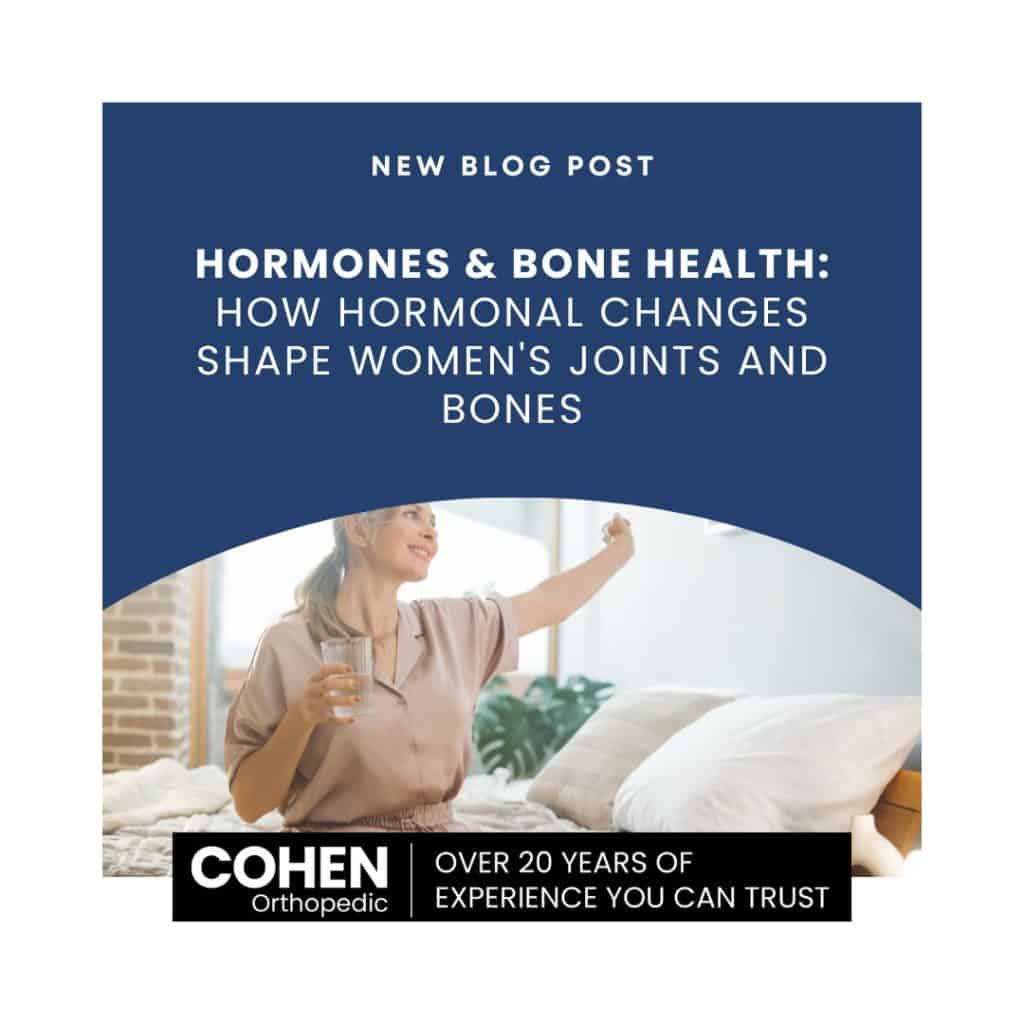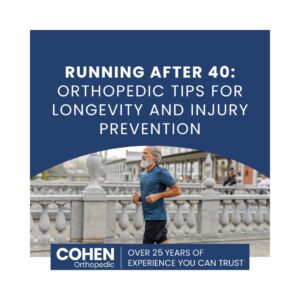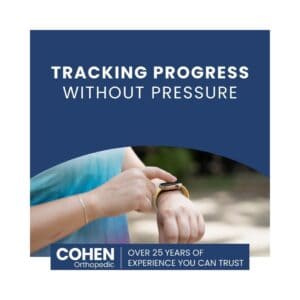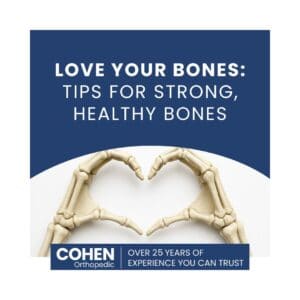Hormones & Bone Health: How Hormonal Changes Shape Women’s Joints and Bones

When we think about women’s health, hormones often steal the spotlight—guiding everything from reproductive health to mood. But there’s another major player they influence that often goes under the radar: bone and joint health. From adolescence to menopause, a woman’s hormonal landscape shifts dramatically—and with it, so does the integrity of her bones and joints.
Let’s explore how hormones impact women’s musculoskeletal health and what you can do to stay strong and supported through every stage of life.
Estrogen: The Guardian of Bone Density
Estrogen is one of the most powerful hormones influencing bone health in women. It helps regulate the bone remodeling process—essentially telling the body when to build and when to break down bone tissue. During reproductive years, estrogen keeps this balance in check, maintaining strong, healthy bones.
What Happens When Estrogen Drops? During menopause, estrogen levels fall sharply. This triggers an increase in bone resorption (breakdown) while bone formation slows—leading to decreased bone density and a higher risk of osteoporosis. Women can lose up to 20% of their bone mass in the five to seven years following menopause.
Hormonal Fluctuations and Joint Pain
If you’ve ever experienced increased joint stiffness or aches during your menstrual cycle, you’re not imagining it. Hormonal shifts—particularly involving estrogen and progesterone—can affect joint laxity, inflammation levels, and pain perception.
- Estrogen has anti-inflammatory effects, so lower levels can lead to increased joint discomfort.
- Relaxin, another hormone, peaks during pregnancy and can increase joint looseness and risk of injury.
- Post-menopausal women often report increased joint pain, especially in the knees, hips, and hands.
Hormones and Injury Risk
Female athletes are more likely than their male counterparts to suffer ACL (anterior cruciate ligament) injuries. Research suggests that hormonal fluctuations across the menstrual cycle may impact ligament strength and neuromuscular control, increasing injury risk at certain times of the month.
What Women Can Do
Knowledge is power—and so is prevention. Here are a few ways to support your bones and joints through hormonal changes:
✅ Calcium & Vitamin D: Essential for bone strength—talk to your doctor about the right dosage.
✅ Strength Training: Builds and maintains bone density while supporting joint health.
✅ Weight-bearing Exercise: Walking, hiking, and dancing are excellent choices.
✅ Hormone Therapy (if appropriate): For some women, HRT may be a beneficial option—always consult a healthcare provider.
✅ Regular Screenings: Bone density scans can catch early signs of osteoporosis.
Final Thoughts
Your hormones do more than guide your cycle—they’re architects of your skeletal health. Understanding how these powerful messengers affect your bones and joints can help you make informed decisions to stay active and pain-free for the long haul. So whether you’re 25 or 65, caring for your hormones means caring for your entire body—bones and all.










